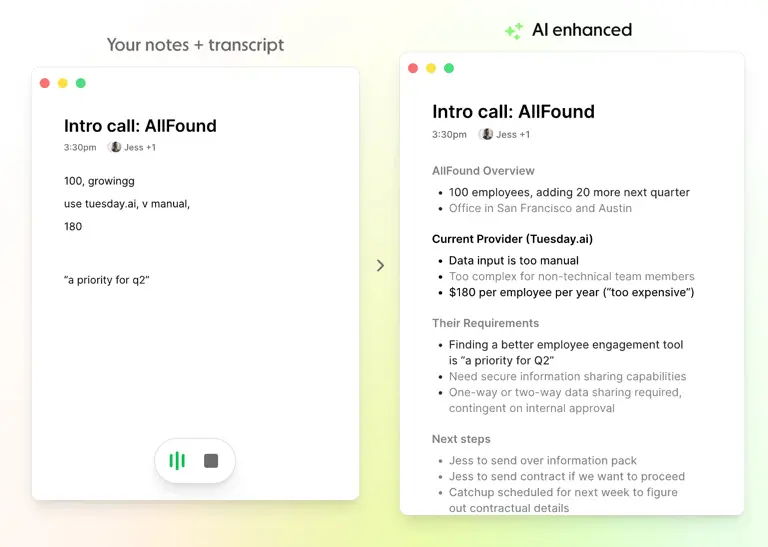
This is one of our top picks in the category so we recommend it over others (you're on the right page), read below to learn why we love and recommend it! ⤵
This is one of the better tools in its category, see below if this tool is right for you! ⤵
We believe there are better options available in this category, read below to learn what they do well, and what they could do better. ⤵


The timeline-focused time tracking tool for teams of all sizes.
Toggl, like Timely are both heavily timeline/calendar-based tools—focusing on "what did you do at various times throughout the day". The thing is, do you really care about what time of the day you did something? Or just how much time was spent?
When we evaluated it, there was a bit of fatigue around having to think about the start/end time whenever you track time. Often times you're going to be more in the "I worked on X client task for 30 minutes", and the more friction involved in getting that added will result in more difficulty for your team building the habit of time tracking (it is a habit that needs to be formed over time).
Toggl was initially built as a basic "what have I done" start/stop tool, prioritizing that over the "track time against client/project", which can be seen in the importance each is laid out when tracking time.
Looking at their priority, it's set to: #1 what was done, #2 for what project/client?, #3 what tag (similar to "Harvest task"), #4 billable (or non-billable), #5 start time, #6 stop time, #7 finally "for how long".

Now take a time tracking tool like Harvest, which focuses priority #1 the client, #2 the structured task (billable/non-billable), #3 notes (optional), and #4 for how long (if blank, it just starts the time tracking clock):

Now imagine adding a task 5–10 times per day. With Toggl, you now have 3+ additional steps to think through each time with Toggl as opposed to Harvest. It just adds to more mental fatigue each time.
It's clear that Harvest was built for quickly tracking billable/non-billable time to clients and projects, while Toggl was built for tracking time against what was done (less importance around for whom and task structuring).
Now for the automatic time tracking piece, in comparing it to that of Timely...
While they don't go as far as automatically tracking your time for like Timely, it has the same flaws that Timely and Rize have in the area of automatically tracking "useful" data when 99% of most people's work is done in the browser.
You'll see in the desktop app that all of your time in the browser will simply be categorized as the browser's name (in this case, Arc):
.webp)
So in terms of actually getting useful data from all of this monitoring of open apps and windows, you're not really getting much to go off of, especially when trying to remember what work was done, and for which client/project.
Of all the "automatic time tracking" tools on the market, Rize continues to be the best at producing the most comprehensive and usable data of them all—although it is more of an individual productivity tool than a comprehensive team time tracking tool.
A super important note is Toggl has absolutely no billing/invoicing capabilities. So while you can track all of your time, you're going to be manually creating invoices in a proper invoicing tool like that of QuickBooks Online (or even Harvest) to generate invoices from actual time tracked.
Of all the time tracking tools we've looked at that are team focused, we'd place Toggl at #2, but still a non-starter if any semblance of invoicing capabilities are needed.

.svg)
.svg)
.svg)
.svg)
.svg)
.svg)

.webp)
.webp)
.webp)
.webp)
.webp)




.webp)
.webp)
.webp)
.webp)
.webp)


We've tracked and verified the above companies are using this software in their team's stack.


.webp)
.webp)
.webp)
.webp)
.webp)